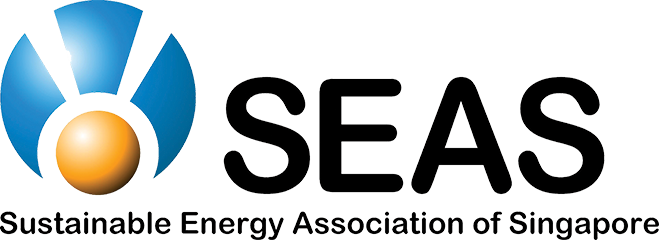2023 satellite data show global gas flaring increased by 10.7 bcm, to more than 161 bcm, a level not seen since 2006. This increase is the largest increase since 2003 and is caused mostly (77%) by three countries: Russia (+3.5 Bcm), Iran (+3.1 Bcm), and USA (+1.7 Bcm), being the largest, second largest and fourth largest flaring countries.. Hence, the global largest emitters are also the ones that keep emitting more.
2023 global gas flaring increased again (and significantly), July 2024
2019 estimates from satellite data show global gas flaring increased to levels not seen in more than a decade, to 150 billion cubic meters (bcm), equivalent to the total annual gas consumption of Sub-Saharan Africa. The 3% rise, from 145 billion cubic meters (bcm) in 2018 to 150 bcm in 2019, was mainly due to increases in three countries: the United States (up by 23%), Venezuela (up by 16%), and Russia (up by 9%).
2019 Global Gas Flaring Jumps to Levels Last Seen in 2009, The World Bank, GGFR, August 2020
A study comparing the relative climate impact of gas-fired power versus coal-fired power as a function of methane emissions concludes that natural gas is only better for the climate, if total methane emissions along the gas supply chain are less than 3.2%. IEA methane release data indicates that in 2019, 3.8% of produced natural gas was lost due to venting or leaks,
IEA, PNAS on methane emissions, July 2020
DNV GL's global energy transition outlook 2019 forecasts that by 2025 energy related emissions will peak and in 2030 energy demand will plateau due to efficiencies from pervasive electrification; in 2050, fossil fuel supply is half of total energy demand, with share of natural gas share rising to 29%. While 1.5 oC carbon budget is exhausted in 2028, global climate change will see ~2.4 oC temperature rise by the end of the century, unless the reduced share of GDP spent on energy is used to significantly reduce net emissions further.
DNV GL - Energy Transition Outlook 2019, September 2019
Deployment of Carbon Capture and Sequestration (CCS) will not be optional in implementing the Paris Agreement, but the current rate of progress is falling short of what is required to achieve climate goals
Speeding up Carbon Capture and Storage needed to meet climate goals, International Energy Agency, November 2016
About 100 companies have been responsible for about 71% of the world's greenhouse gas emissions since 1988
CDP, September 2017
Imports of liquefied natural gas (LNG) will set a new record in 2017 on the back of a robust 8.8% growth – the fastest since 2011
LNG Trade in 2017 to Grow Fastest Since 2011 on Low Prices, Lack of Nuclear Power and Rising Supply Capacity, Bloomberg New Energy Finance, September 2017
The shale boom has helped natural gas eclipse coal in America’s power mix in 2016 and it is the only fuel apart from renewables where output is rising
The Energy Market’s Facts Of Life, Bloomberg New Energy Finance, August 2017
At the end of 2016, more than 24% of global electricity was produced by renewables, with capacity rising 10% at much lower cost in 2016
‘Spectacular’ drop in renewable energy costs leads to record global boost, The Guardian, June 2017
Global fossil fuel subsidies, although declined from US$500 bln in 2014 to US$325 bln in 2015 are still more than twice the subsidies for renewables (US$150 bln)
World Energy Outlook 2016 - Executive Summary, International Energy Agency, November 2016
A 2015 study found that air pollution in China is responsible for more than 4,000 deaths per day
Rohde Robert A., and Richard A Muller: Air Pollution in China, Mapping of Concentrations and Sources. PLoS ONE Vol 10, No 8, August 2015
In 2015, advanced energy employs 2.7 million workers in the US, nearly twice as many jobs as building construction, significantly more than agriculture and mining, and equal to supermarkets and grocery stores
Advanced Energy Perspectives, May 2016










